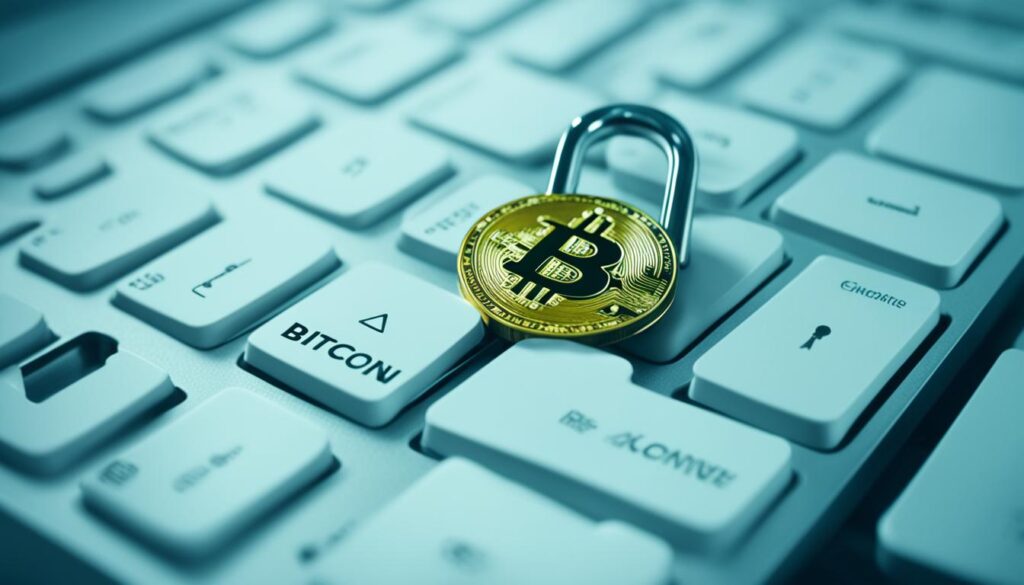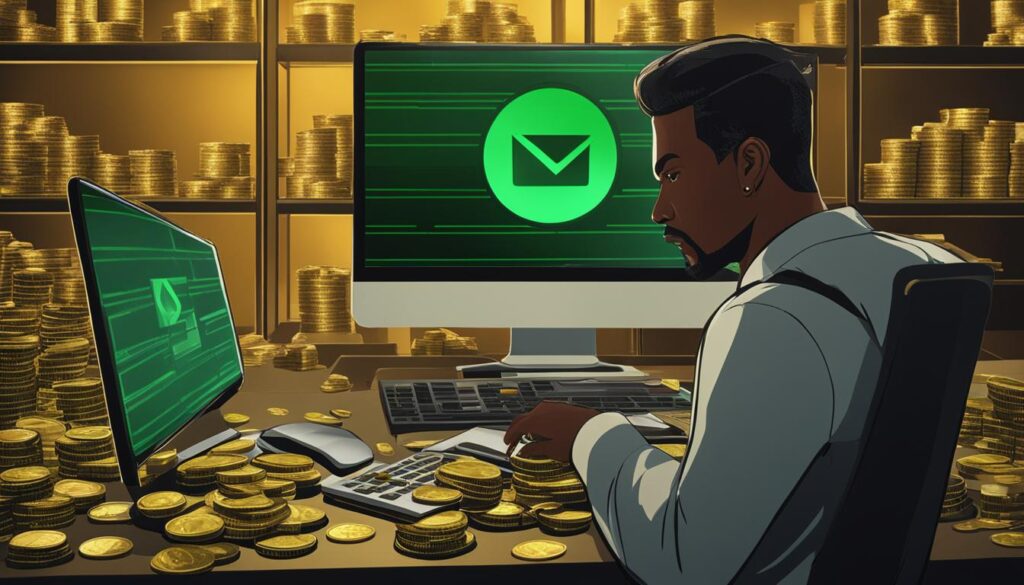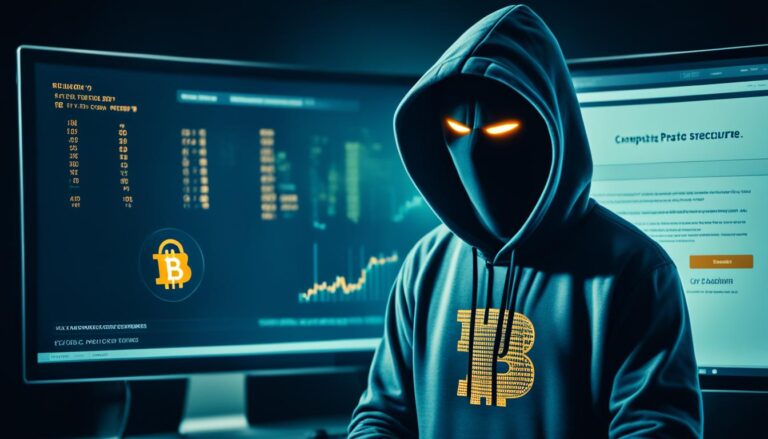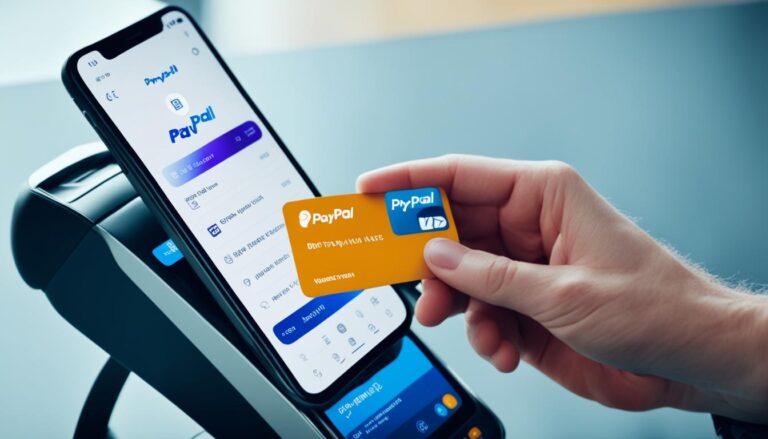Recover Lost Crypto: How to Claim Unclaimed Bitcoin
Have you ever wondered what happens to lost Bitcoin? Are they gone forever, or is there still a chance to recover them? In a world where cryptocurrencies are becoming increasingly popular, it’s essential to understand how to claim unclaimed Bitcoin and potentially reclaim your lost crypto assets.
According to a 2020 report from Chainalysis, an estimated 3.7 million bitcoins have been lost, which accounts for around 19% of today’s Bitcoin supply. That’s a staggering amount! But here’s the intriguing question: Is it possible to retrieve some of these lost bitcoins?
Methods to Recover Lost Bitcoin
When it comes to recovering lost or unclaimed Bitcoin, there are a few methods you can try. One effective approach is to utilize specialized software programs designed to recover lost private keys. This method is particularly successful if you have unintentionally deleted some or all of your keys, but still possess a portion of the private key or have mistakenly removed files containing vital information.
In certain cases, mistaken transactions have been refunded, although this is relatively rare and typically requires personal connections with the recipient. It’s important to keep in mind that if your private key is lost or forgotten, the associated Bitcoin becomes unspendable and cannot be recovered.
Methods to Recover Lost Bitcoin:
- Use specialized software programs for recovering lost private keys.
- Attempt to retrieve any saved portions of the private key.
- Check if you mistakenly deleted files containing relevant information.
- Contact recipients directly to explore refund possibilities.
While these methods may increase your chances of recovering lost Bitcoin, it’s crucial to approach the process with caution and manage your expectations accordingly.

| Method | Description |
|---|---|
| Specialized Software Programs | Use software designed to recover lost private keys to increase the likelihood of successful recovery. |
| Retrieving Portions of Private Key | If you still have access to a portion of the private key, it may be possible to reconstruct the complete key and recover your Bitcoin. |
| Checking for Deleted Files | If you accidentally deleted files containing relevant information, recovering those files may lead to the recovery of your lost Bitcoin. |
| Contacting Recipients | In some rare cases, if you made a mistaken transaction, reaching out to the recipient and explaining the situation may result in a refund. |
Preventing the Loss of Bitcoin
To prevent the loss of Bitcoin, it’s essential to take measures to safeguard your private keys and passwords. By implementing the following strategies, you can significantly reduce the risk of losing access to your valuable cryptocurrency:
- Use mnemonic phrases as backups: Mnemonic phrases, also known as seed phrases, are sequences of words that act as a backup for your private keys. These phrases can be used to restore your wallet in case of loss or damage to your device. It’s crucial to store these phrases securely in multiple physical locations.
- Store private keys securely: Consider using offline wallets or hardware wallets to store your private keys. These devices keep your keys isolated from potential online threats and provide an extra layer of protection. It’s important to keep your hardware wallet in a secure location and consider using a strong PIN to prevent unauthorized access.
- Double-check recipient addresses: Before sending any Bitcoin, double-check the recipient address to ensure accuracy. Cybercriminals often employ phishing techniques by altering or mimicking wallet addresses, leading to the loss of funds. Verifying the recipient address can prevent costly mistakes.
- Utilize custodial wallets: Custodial wallets, offered by reputable exchanges, store your private keys on your behalf. This service can be beneficial in case of lost passwords or hardware wallets, as they can assist with recovery. However, it’s important to choose a trusted exchange with a robust security track record.
- Consider estate planning: Include plans for the management and transfer of your Bitcoin in your estate planning. Ensure that your private keys and relevant information can be accessed and passed on to your beneficiaries in the event of your incapacity or passing.
By implementing these preventive measures, you can significantly reduce the risk of losing your valuable Bitcoin and increase the chances of accessing and reclaiming lost or unclaimed Bitcoin.
| Preventive Measures | Benefits |
|---|---|
| Using mnemonic phrases as backups | Allows for wallet restoration in case of loss or damage |
| Storing private keys securely | Provides isolation from online threats |
| Double-checking recipient addresses | Prevents funds from being sent to fraudulent addresses |
| Utilizing custodial wallets | Assists with recovery in case of lost passwords or hardware wallets |
| Considering estate planning | Ensures proper management and transfer of Bitcoin to beneficiaries |

Risks and Red Flags to Watch Out For
When seeking assistance for recovering lost Bitcoin, it is crucial to be aware of potential scams and red flags. Scammers may pose as recovery specialists and request upfront fees or ask for personal information, such as bank account details. Legitimate asset recovery firms should have a physical address, a phone number for communication, and a transparent fee structure.
Consumers should carefully research and verify the credibility of any firm before engaging their services. The Commodity Futures Trading Commission warns against firms that charge fees before providing any services, have addresses outside the US, or ask to communicate solely through chat apps. It’s important to exercise caution and due diligence to avoid falling victim to scams.
Conclusion
While it is estimated that a significant amount of Bitcoin is lost forever, there are still opportunities to recover lost or unclaimed Bitcoin. Specialized firms can assist individuals who have lost access to their Bitcoin due to forgotten passwords or failed hard drives. However, not all lost coins can be recovered, especially if they were on corrupted hard drives or have been thrown away.
It’s crucial to take precautions to prevent the loss of Bitcoin by safeguarding private keys and passwords, using secure storage methods, and carefully verifying recipient addresses. By following these steps, you can minimize the risk of losing your crypto assets and increase the chances of reclaiming any lost Bitcoin.
Furthermore, it’s essential to be wary of potential scams and thoroughly research any asset recovery firm before seeking their assistance. Scammers often target individuals looking to recover their lost Bitcoin, requesting upfront fees or personal information. To protect yourself from fraud, verify the credibility of any firm, checking for a physical address, a phone number for communication, and a transparent fee structure.
By staying vigilant and implementing proper security measures, you can safeguard your Bitcoin investments and reduce the likelihood of losing access to your funds. In the event of lost or unclaimed Bitcoin, don’t lose hope. There are avenues available for recovery, but it’s crucial to act promptly and seek professional assistance when needed.







